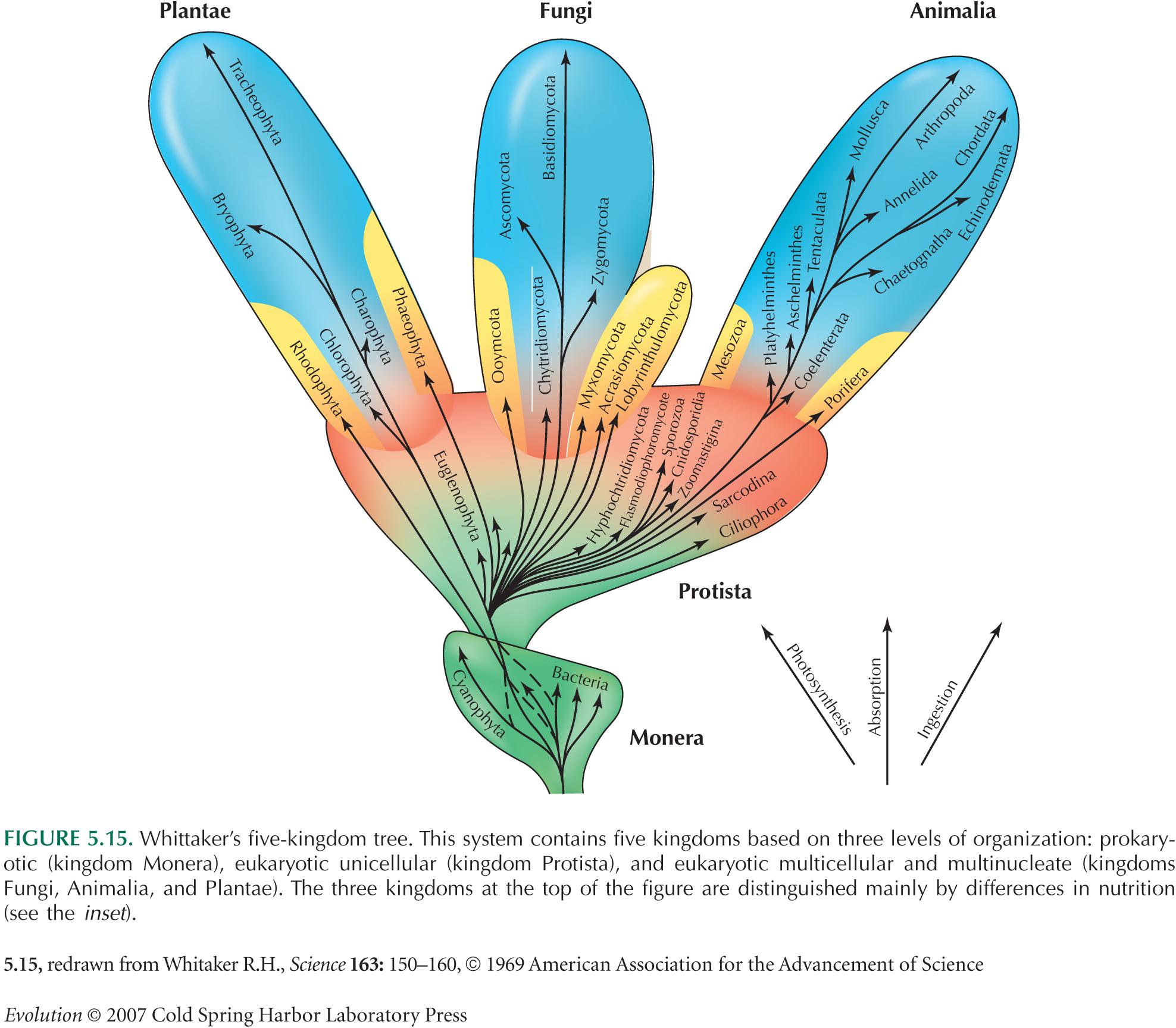Wow. Just got pointed to this press release Rare protozoan from sludge in Norwegian lake does not fit on main branches of tree of life (hat tip to Bill Hooker). It is a long PR. And it is riddled with many examples of evolutionary mumbo jumbo - each of which on their own could win a Twisted Tree of Life Award here. And together, well, I am just going to give it one award - the Twisted Tree of Life Award #14.
Here are some statements that are, well, dubious, and/or painful.
- Biologists all over the world have been eagerly awaiting the results of the genetic analysis of one of the world's smallest known species, hereafter called the protozoan, from a little lake 30 kilometer south of Oslo in Norway.
- Wow - really? All over the world?
- And why not tell us what the F#&$# it is? Where is the name of the organism? WTF?
- When researchers from the University of Oslo, Norway compared its genes with all other known species in the world, they saw that the protozoan did not fit on any of the main branches of the tree of life. The protozoan is not a fungus, alga, parasite, plant or animal.
- That is right. There are five main branches on the tree of life. Fungi. Alga. Parasites. Plants. And animals. Uggh.
- His research group studies tiny organisms hoping to find answers to large, biological questions within ecology and evolutionary biology, and works across such different fields as biology, genetics, bioinformatics, molecular biology and statistics
- Yes, and I study tiny organisms to answer small questions.
- Life on Earth can be divided up into two main groups of species, prokaryotes and eukaryotes. The prokaryote species, such as bacteria, are the simplest form of living organisms on Earth.
- Yup, two main groups. As of 40 f3$*@# years ago.
- The micro-organism is among the oldest, currently living eukaryote organisms we know of. It evolved around one billion years ago, plus or minus a few hundred million years.
- OMG. This is a MODERN ORGANISM. It did not evolve a billion years ago. It is no older than ANYTHING ELSE ON THE PLANET. AAAAAARRRGH.
- The tree of life can be divided into organisms with one or two flagella
- What?
- The tree of life can also be divided into organisms with one or two penises.
- Just like all other mammals, human sperm cells have only one flagellum. Therefore, humankind belongs to the same single flagellum group as fungi and amoebae.
- I don't even know what to say here.
- The protozoan from Ås has four flagella. The family it belongs to is somewhere between excavates, the oldest group with two flagella, and some amoebae, which is the oldest group with only one flagellum.
- Wow - no prior description of the major groups of eukaryotes and now we use excavates (kind of technical) and amoebae (not technical). Translation error?
- But even w/ translation issues still very strange.
- Were we to reconstruct the oldest, eukaryote cell in the world, we believe it would resemble our species. To calculate how much our species has changed since primordial times, we have to compare its genes with its nearest relatives, amoebae and excavates," says Shalchian-Tabrizi.
- What? Their species has been around since primordial times? What? That is one really old cell.
- The protozoan lives off algae, but the researchers still do not know what eats the protozoan.
- Why does something have to eat it?
- The protozoan was discovered as early as 1865, but it is only now that, thanks to very advanced genetic analyses, researchers understand how important the species is to the history of life on Earth
- Very advanced? Like, what? Sequencing?
- The problem is that DNA sequences change a lot over time. Parts of the DNA may have been wiped away during the passing of the years. Since the protozoan is a very old species, an extra large amount of gene information is required
- What? Since it is old they need more DNA? What?
I could go on and on. I won't. But I will say one last thing that drives me crazy. There is no paper attached to the press release in any way I can tell. So all we are left with is this very very very very bad PR. Ugh.









